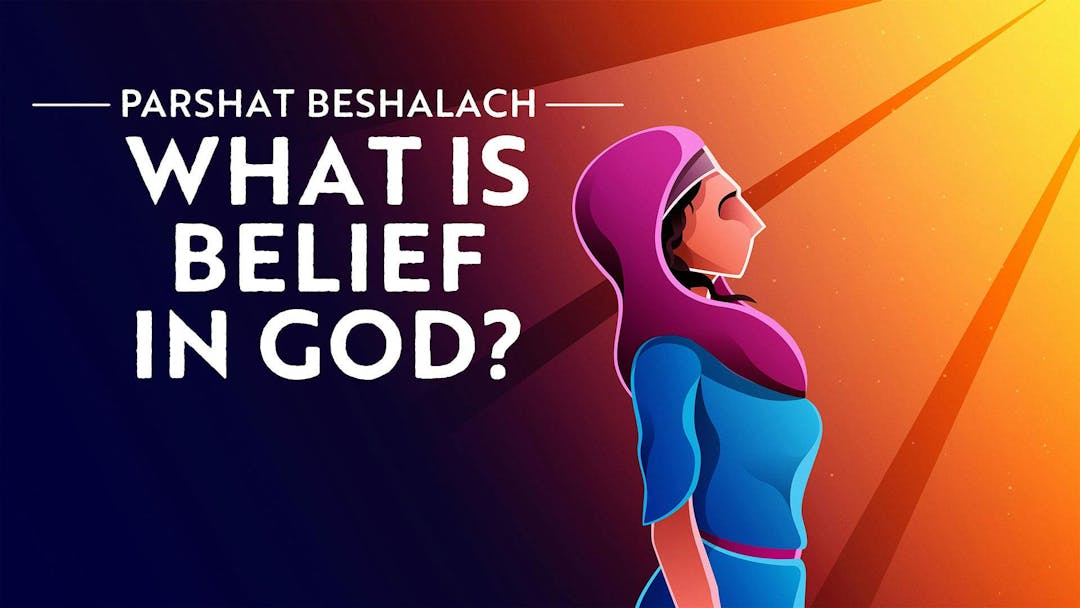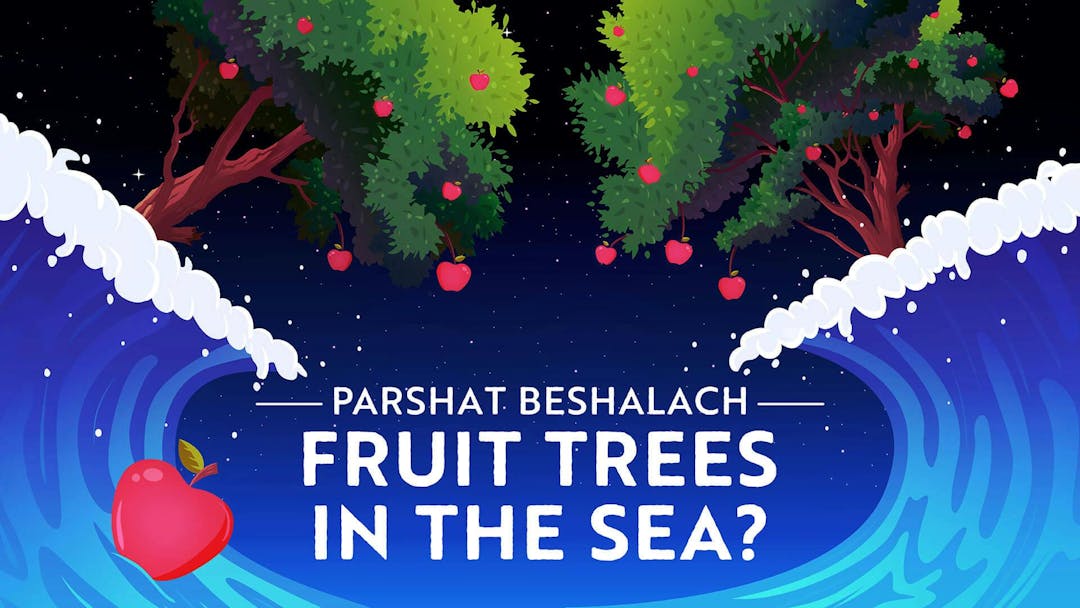Start your free trial today to unlock the full library and enjoy unlimited and uninterrupted access.
Get StartedWhat Does It Mean To Have Faith?
Why Miriam Sang the Song of the Sea
After crossing the Sea of Reeds, the nation of Israel sings a song of thanksgiving – and then Miriam leads the women of the nation in a second song of triumph. Why did she sing her own "Song of the Sea"? Was Moses' song of praise not enough?
In this video, Rabbi Fohrman explores a famous Midrash about the birth of Moses and unpacks Miriam's story, showing her to be a woman of great faith. Pointing to Miriam's example, he explains what it means to truly have faith in God.
Want to watch the full video for free?
Enter your email and we’ll send you a link to watch the full series free.
What is Aleph Beta?
Aleph Beta is a unique kind of Torah library. Led by our founder, Rabbi David Fohrman, we are dedicated to high-level, textual Torah learning for adults that is intellectually and spiritually sophisticated, that enlivens your Jewish practice and helps you forge a deeper connection to God. Whether you’ve been learning in yeshiva for years or you’re just beginning your Torah journey, you’re sure to find something meaningful and surprising waiting for you here.
Browse our library of over 1,000 beautifully produced animated videos, podcasts, deep dive courses, and printable guides. Topics include the weekly parsha, Jewish holidays & fast days, laws & mitzvot, prayers, relationships, big philosophical ideas and more. Have something to say at the Shabbos table that will amaze your family and guests and bring deep meaning into their lives.











